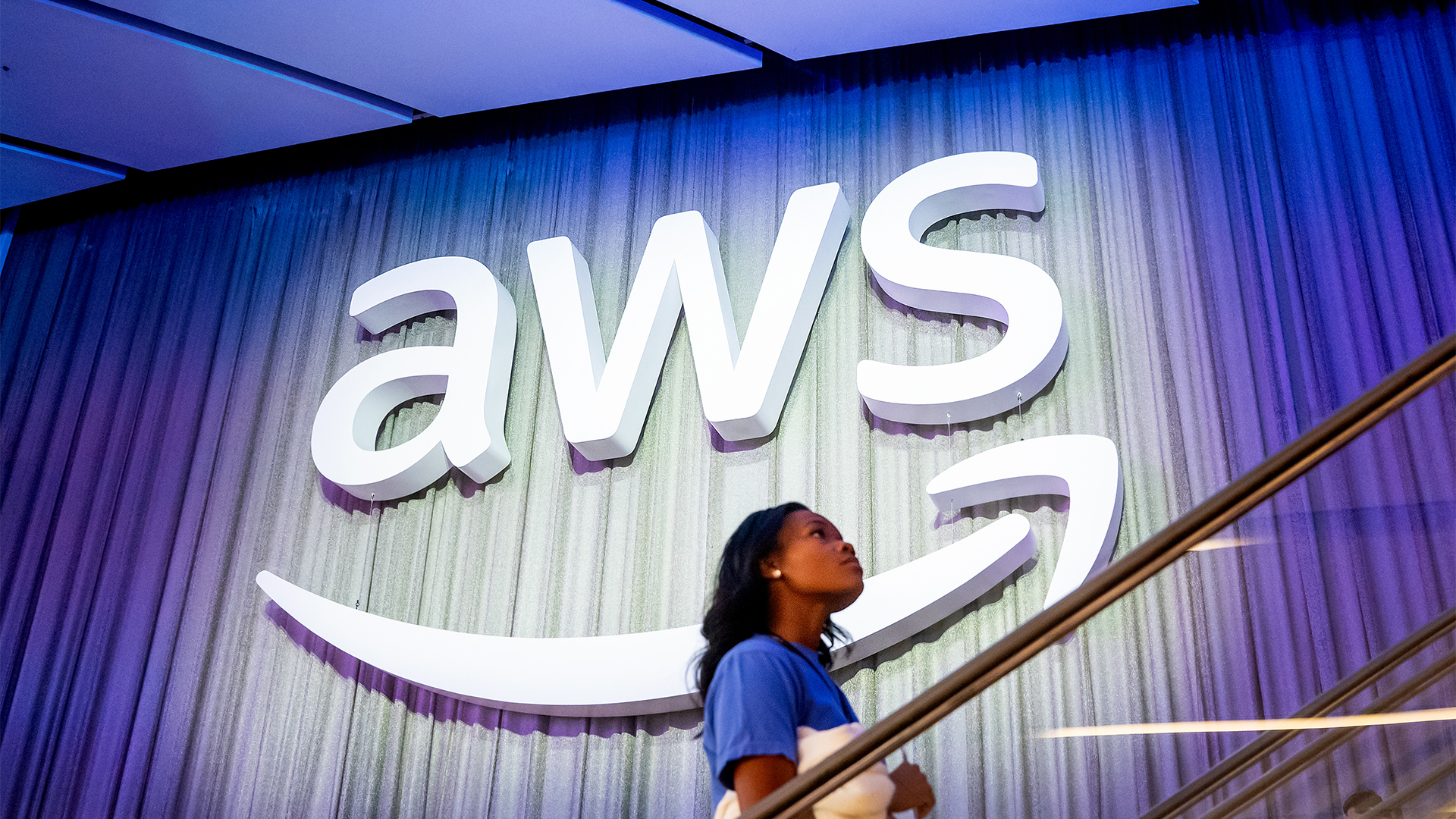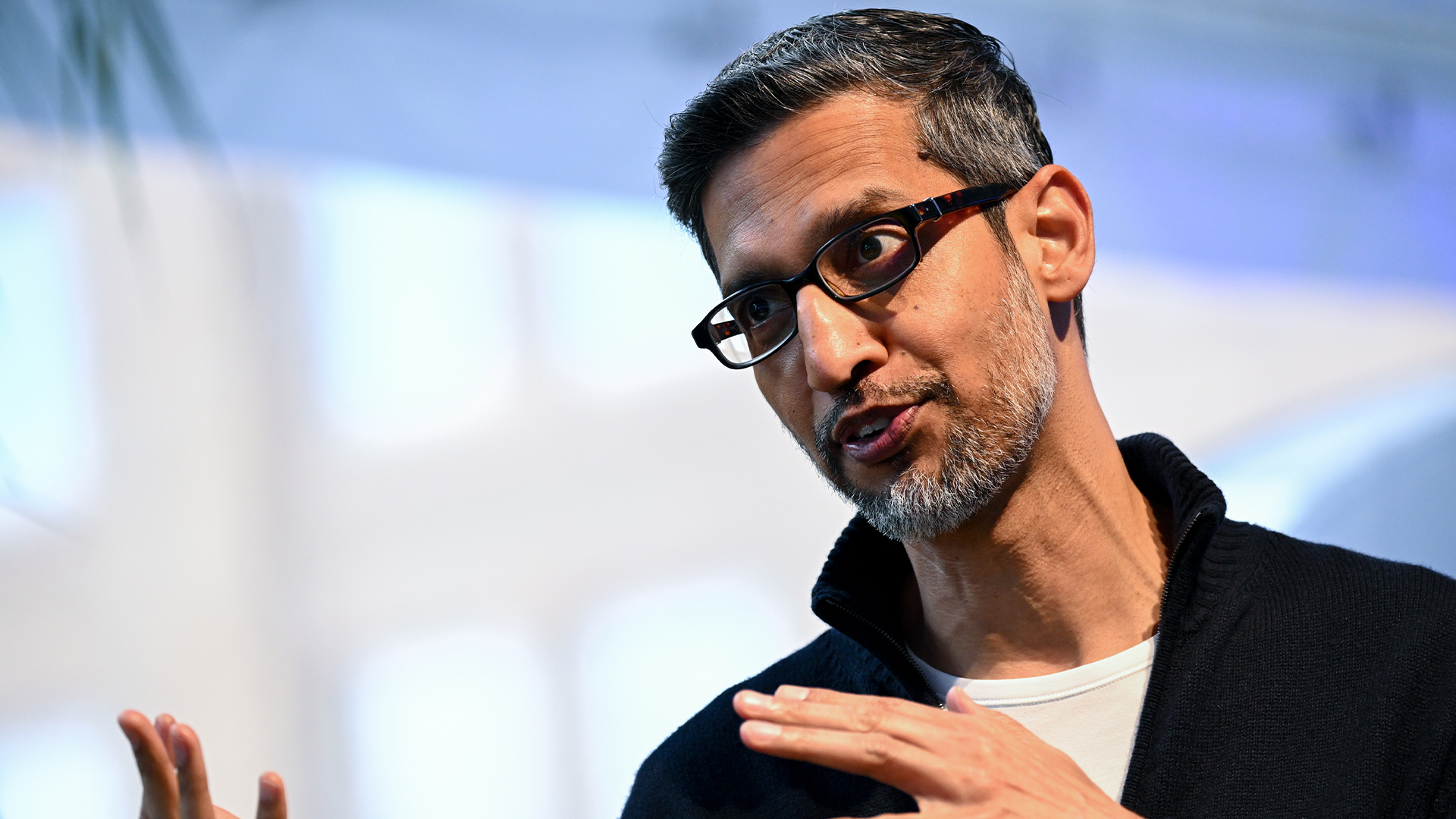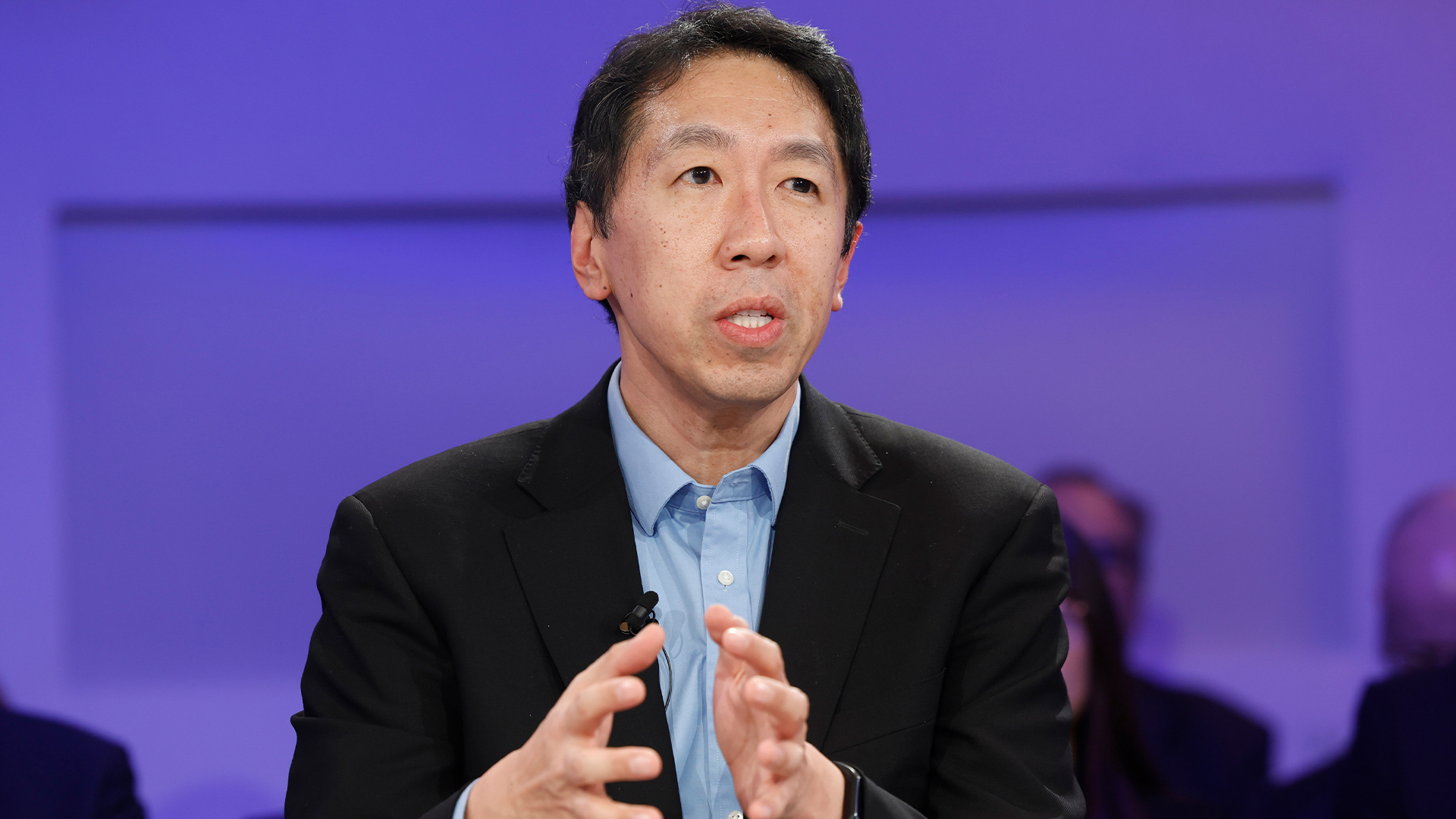Using an older version of Python? You’re leaving ‘money and performance on the table’ if you don’t upgrade – and missing out on big developer efficiency gains
Upgrading to a newer version of Python may be a hassle for developers, but it has clear performance benefits


Sign up today and you will receive a free copy of our Future Focus 2025 report - the leading guidance on AI, cybersecurity and other IT challenges as per 700+ senior executives
You are now subscribed
Your newsletter sign-up was successful
A majority of enterprises are using a version of Python that’s a year or more older, according to new research, and it’s costing them dearly.
Statistics from JetBrains’ annual Python Developers Survey show over three-quarters (83%) of enterprises are using older versions, highlighting a broad “distribution across the latest and older versions of the Python runtime”.
They’re not particularly fussed, however, with the majority of respondents stating that they were satisfied with the performance of the version they’re currently using.
More than half (53%) said the version they’re using “meets all my needs” while 25% admitted they simply haven’t had time to update.
Breaking down usage rates, JetBrains’ study showed just under a quarter (21%) reported using version 3.11, released in October 2022, while 35% said they’re working with version 3.12.
Just 15%, the study found, are using 3.13, the latest version of the programming language.
Notably, the study showed that a significant number of developers are using Docker and containers to execute code, meaning the volume of enterprises working with older versions was “surprising”.
Sign up today and you will receive a free copy of our Future Focus 2025 report - the leading guidance on AI, cybersecurity and other IT challenges as per 700+ senior executives
“With containers, just pick the latest version of Python in the container,” the company noted in a blog post detailing its findings. “Since everything is isolated, you don’t need to worry about its interactions with the rest of the system, for example, Linux’s system Python.”
JetBrains added that it expects containerization to “provide more flexibility” for enterprises and “ease our transition” to the latest version of Python.
Upgrading Python has big performance benefits
A key talking point in the JetBrains survey centers around the potential ease of use improvements enterprises are missing out on by failing to upgrade.
More recent versions include features that ease quality of life for developers, but also big performance gains, the company noted.
“The 83% of developers running on older versions of Python may be missing out on much more than they realize,” the firm said. “It’s not just that they are missing some language features, such as the except keyword, or a minor improvement to the standard library, such as tomllib.”
“Python 3.11, 3.12, and 3.13 all include major performance benefits, and the upcoming 3.14 will include even more.”
Drilling down into the potential gains, JetBrains noted that 48% of those using Python 3.11 can unlock code run gains of ~11% by upgrading to 3.13 - and that’s achieved while using ~10-15% less memory.
“If they are on the 27% still on 3.10 or older, their code gets a whopping ~42% speed increase (with no code changes), and memory use can drop by ~20-30%,” JetBrains added.
Speaking to ITPro, Daniele Volpe, software engineer at SecureFlag, said while updating to newer versions isn’t critical, the advantages are clear and should be capitalized on.
“Running old Python versions does add up over time,” Volpe said. “You’re basically paying for slower runtimes and higher cloud costs when newer versions give you efficiency for free.”
“It’s not always urgent, but ignoring it means you’re leaving money and performance on the table”.
Volpe noted that the impact on developers has a knock-on effect which ultimately exacerbates existing efficiency and performance-related issues.
Slower runtimes mean slower feedback loops, which slows down the overall efficiency of the development lifecycle.
“Developers spend more time waiting on tests, builds, or jobs to finish,” he said. “Plus, sticking with older versions means missing out on language improvements that could make their day-to-day work smoother.”
Upgrading might be a hassle – but just take the plunge
Volpe said that it’s no surprise a significant portion of respondents are satisfied with the performance of older Python versions. It’s a long-running practice and most teams “stick with what works until something breaks”.
“Upgrading feels like hassle and risk, so they put it off,” he said. “Comfort and inertia often win out, even if the gains from moving forward would be worth it.”
Maurice Kalinowski, product director at Qt, echoed Volpe’s comments on this front, adding that “updating any technical dependency is always a concern to a development team”.
“There can be regressions, both on functional or performance level, incompatible changes or even removed functionality,” Kalinowski said.
“This applies even more to the underlying programming language, as it touches not just one component but your whole solution.”
Simply put, if it isn’t broken, don’t try and fix it.
Make sure to follow ITPro on Google News to keep tabs on all our latest news, analysis, and reviews.
MORE FROM ITPRO
- AI is transforming software development – JetBrains CEO Kirill Skrygan says it’s up to developers to transform with it
- AI coding tools are finally delivering results for enterprises
- Want developers to build secure software? You need to ditch these two programming languages

Ross Kelly is ITPro's News & Analysis Editor, responsible for leading the brand's news output and in-depth reporting on the latest stories from across the business technology landscape. Ross was previously a Staff Writer, during which time he developed a keen interest in cyber security, business leadership, and emerging technologies.
He graduated from Edinburgh Napier University in 2016 with a BA (Hons) in Journalism, and joined ITPro in 2022 after four years working in technology conference research.
For news pitches, you can contact Ross at ross.kelly@futurenet.com, or on Twitter and LinkedIn.
-
 Microsoft Copilot bug saw AI snoop on confidential emails — after it was told not to
Microsoft Copilot bug saw AI snoop on confidential emails — after it was told not toNews The Copilot bug meant an AI summarizing tool accessed messages in the Sent and Draft folders, dodging policy rules
-
 Cyber experts issue warning over new phishing kit that proxies real login pages
Cyber experts issue warning over new phishing kit that proxies real login pagesNews The Starkiller package offers monthly framework updates and documentation, meaning no technical ability is needed
-
 ‘AI is making us able to develop software at the speed of light’: Mistral CEO Arthur Mensch thinks 50% of SaaS solutions could be supplanted by AI
‘AI is making us able to develop software at the speed of light’: Mistral CEO Arthur Mensch thinks 50% of SaaS solutions could be supplanted by AINews Mensch’s comments come amidst rising concerns about the impact of AI on traditional software
-
 AWS CEO Matt Garman isn’t convinced AI spells doom for the software industry – but admits providers will “have to innovate” to stay afloat
AWS CEO Matt Garman isn’t convinced AI spells doom for the software industry – but admits providers will “have to innovate” to stay afloatNews Software stocks have taken a beating in recent weeks, but AWS CEO Matt Garman has joined Nvidia's Jensen Huang and Databricks CEO Ali Ghodsi in pouring cold water on the AI-fueled hysteria.
-
 The open source ecosystem is booming thanks to AI, but hackers are taking advantage
The open source ecosystem is booming thanks to AI, but hackers are taking advantageNews Analysis by Sonatype found that AI is giving attackers new opportunities to target victims
-
 ‘1 engineer, 1 month, 1 million lines of code’: Microsoft wants to replace C and C++ code with Rust by 2030 – but a senior engineer insists the company has no plans on using AI to rewrite Windows source code
‘1 engineer, 1 month, 1 million lines of code’: Microsoft wants to replace C and C++ code with Rust by 2030 – but a senior engineer insists the company has no plans on using AI to rewrite Windows source codeNews Windows won’t be rewritten in Rust using AI, according to a senior Microsoft engineer, but the company still has bold plans for embracing the popular programming language
-
 AWS says ‘frontier agents’ are here – and they’re going to transform software development
AWS says ‘frontier agents’ are here – and they’re going to transform software developmentNews A new class of AI agents promises days of autonomous work and added safety checks
-
 Google CEO Sundar Pichai thinks software development is 'exciting again' thanks to vibe coding — but developers might disagree
Google CEO Sundar Pichai thinks software development is 'exciting again' thanks to vibe coding — but developers might disagreeNews Google CEO Sundar Pichai claims software development has become “exciting again” since the rise of vibe coding, but some devs are still on the fence about using AI to code.
-
 Google Brain founder Andrew Ng thinks everyone should learn programming with ‘vibe coding’ tools – industry experts say that’s probably a bad idea
Google Brain founder Andrew Ng thinks everyone should learn programming with ‘vibe coding’ tools – industry experts say that’s probably a bad ideaNews Vibe coding might help lower the barrier to entry for non-technical individuals, but users risk skipping vital learning curves, experts warn.
-
 European software spending is set to surge in 2026 – here's why
European software spending is set to surge in 2026 – here's whyNews Enterprises are approaching the “trough of disillusionment” with AI, but it’s not stopping them from spending